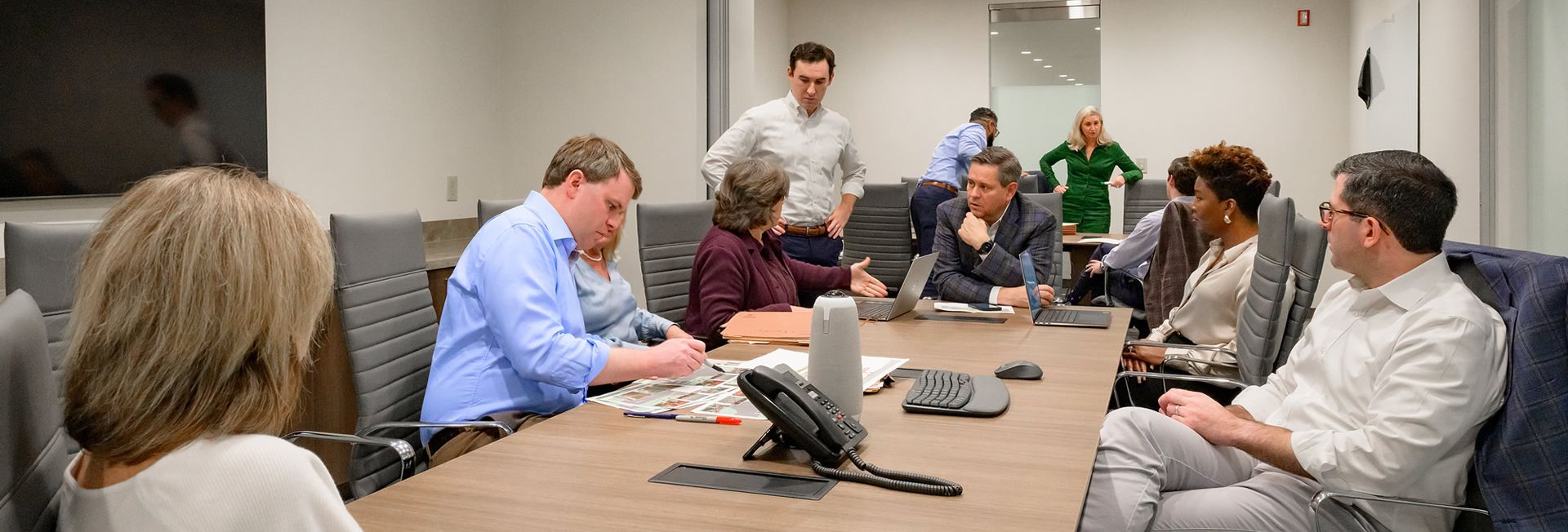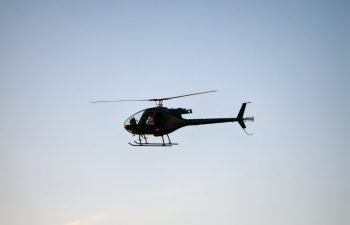When Negligence Leads to Helicopter Accidents
Helicopters are relied on for many reasons, from emergency medical transport to news coverage, sightseeing tours, and corporate travel. Their versatility makes them an essential part of modern aviation, but they also come with significant risks. Over the past several years, there has been an increase in helicopter aviation accidents across the country. Many of these incidents could have been avoided. In most cases, helicopter crashes aren’t random or unavoidable—they happen because of negligence.
At Conley Griggs Partin LLP in Atlanta, GA, our attorneys understand the complexities of aviation law and the unique factors involved in helicopter accident cases. If you or a loved one has been injured in a helicopter crash, you need experienced legal guidance to investigate and pursue rightful compensation.
Why Helicopter Accidents Happen
Helicopter accidents are rarely the result of a single factor. More often, they involve a series of failures or oversights. What makes helicopter crashes especially dangerous is that any mistake—big or small—can lead to catastrophic results. Victims often suffer severe injuries or death. Our job is to uncover the underlying causes and hold the responsible parties accountable.
Negligence is at the root of many helicopter accidents. Some of the common causes include:
Mechanical or Design Defects
Flaws in the helicopter’s design or construction can lead to sudden failure. Manufacturers are responsible for ensuring their aircraft meet strict safety standards. When a component like the rotor, engine, or flight control system malfunctions due to a defect, the consequences can be deadly.
Improper Maintenance
Helicopters require regular maintenance and inspections. When maintenance crews or companies fail to follow procedures or miss signs of wear and tear, they put every passenger at risk. Skipping essential maintenance or using unqualified personnel to service the aircraft is a dangerous form of negligence.
Pilot Error
Flying a helicopter is complicated, and pilot error is one of the leading causes of accidents. Mistakes can include poor decision-making, misjudging weather conditions, or failing to respond properly to emergencies. Some pilots fly without enough rest, training, or attention to safety protocols—putting everyone on board in danger.
Weather Conditions
While pilots can’t control the weather, they are responsible for making safe choices about whether to fly. Poor visibility, high winds, and other hazardous conditions increase the risk of an accident. Negligence occurs when pilots or operators ignore these risks and proceed with a flight.
Air Traffic Control Errors
Air traffic controllers play a vital role in coordinating flight paths and preventing collisions. A miscommunication or oversight can have fatal consequences. Errors in routing or failing to warn pilots about nearby aircraft or obstacles can directly contribute to an accident.
Instrument or Component Failure
Helicopters depend on accurate instrumentation to stay safe. When critical systems like altimeters, navigation tools, or engine components fail, it can lead to disastrous outcomes. Investigating whether these systems were defective, poorly maintained, or incorrectly operated is an essential part of any case.
We Hold Negligent Parties Accountable
Helicopter accident cases require deep investigation and knowledge of aviation standards and regulations. At Conley Griggs Partin, LLP, we work with aviation experts to uncover every detail. Whether the accident resulted from a mechanical flaw, human error, or a combination of factors, we aim to identify the liable parties and pursue full compensation for our clients.
If you or a loved one has been harmed in a helicopter crash, contact our Atlanta office. We are committed to holding negligent parties responsible and helping you seek justice.
Posted on behalf of

